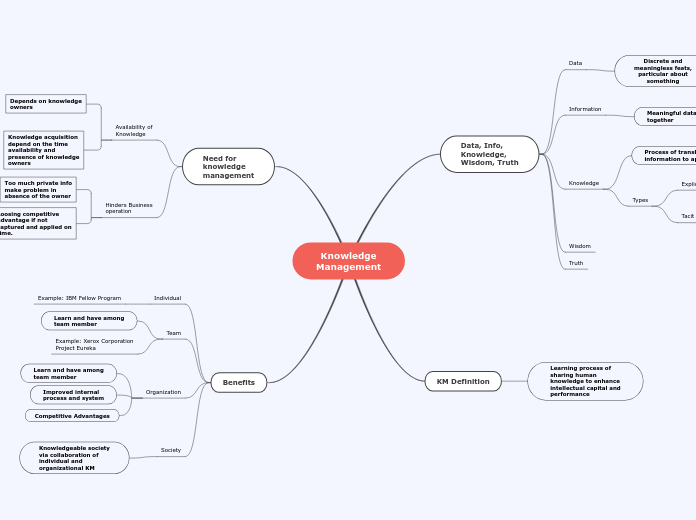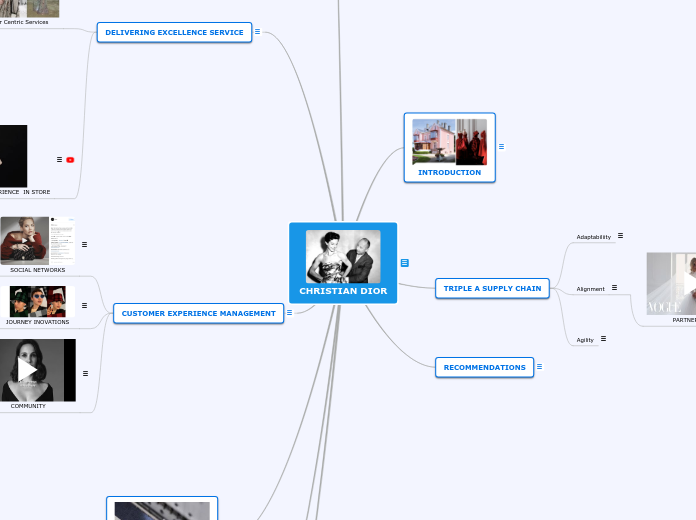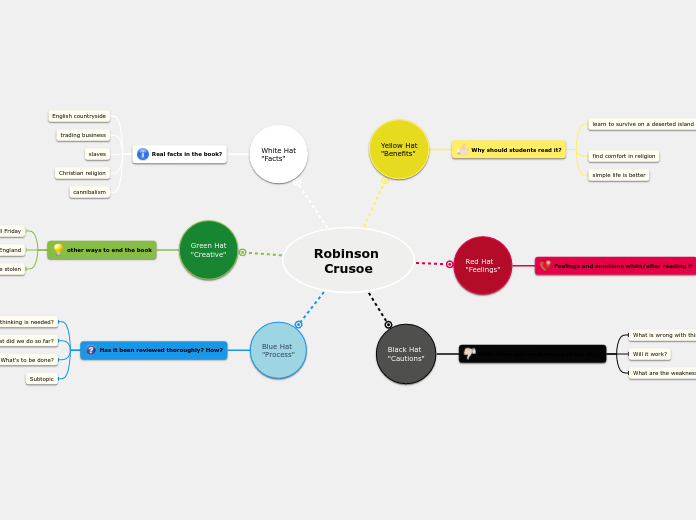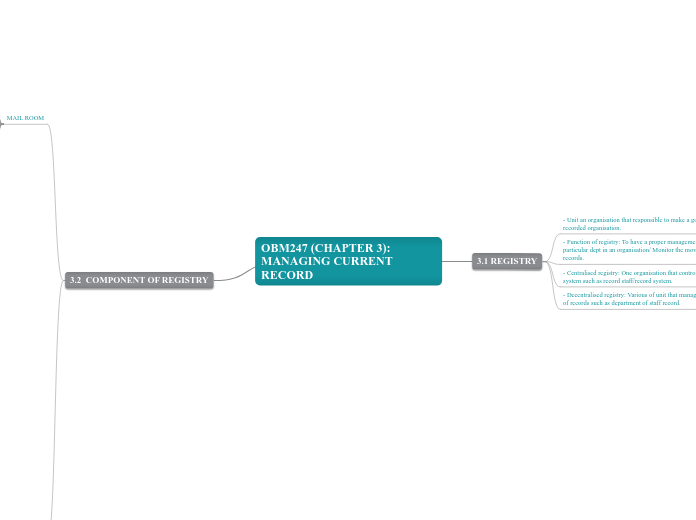by Mohammed Amin 6 years ago
490
Chapter 1
Knowledge management involves the systematic process of sharing and leveraging human knowledge to enhance intellectual capital and performance within organizations. It emphasizes the need for capturing both explicit and tacit knowledge, as well as efficiently translating information into actionable insights.









